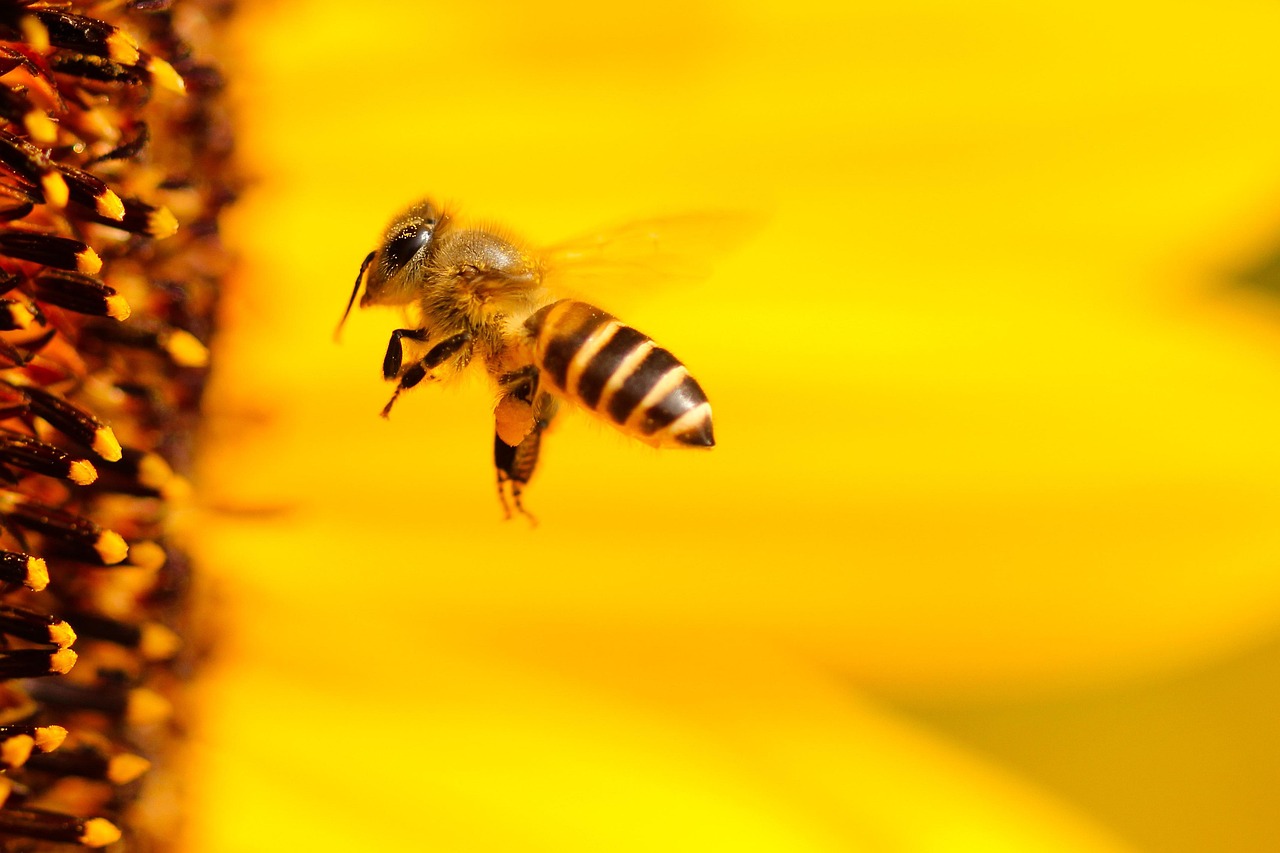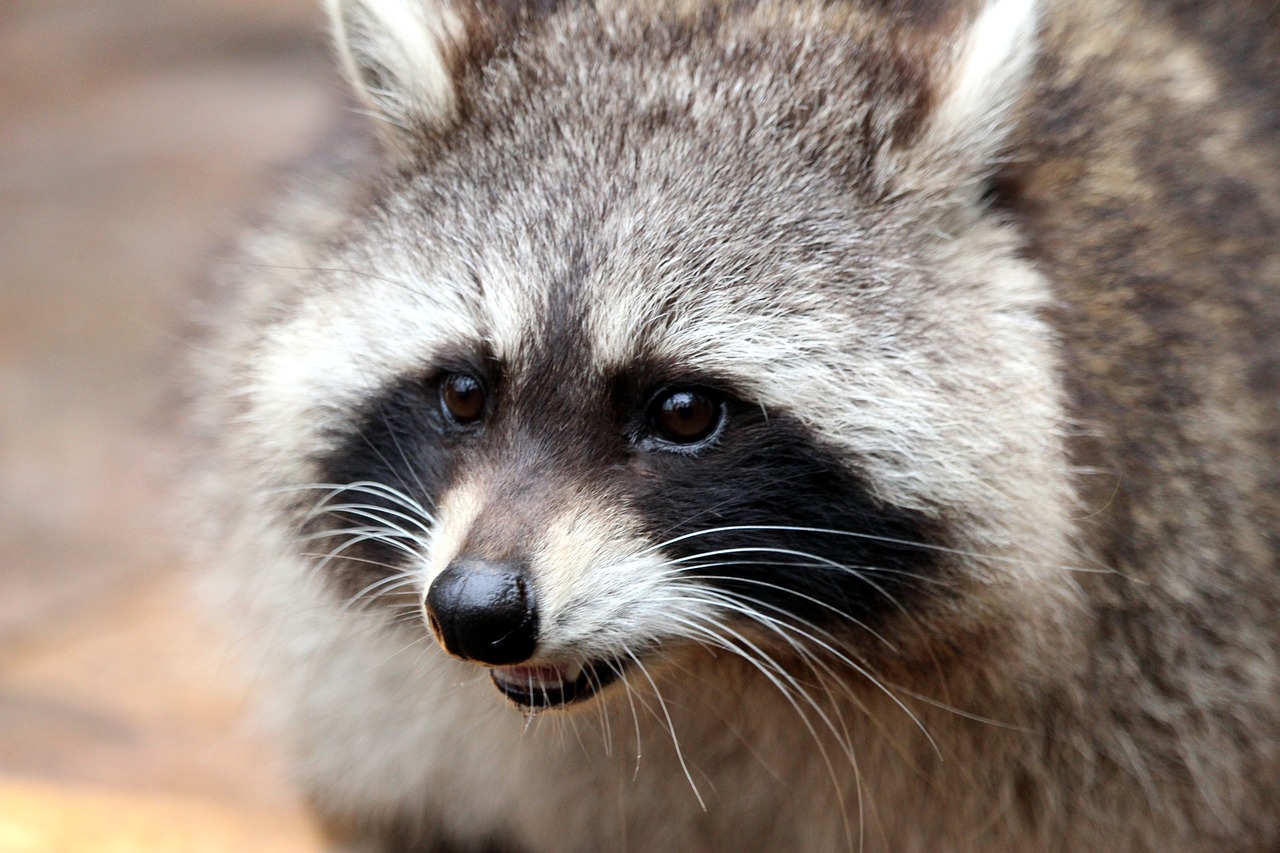Are bees dangerous to humans?

Most beehives will be found outdoors, but as bees prefer a dark, protected area, hives can be found in chimneys or attics as well.
Most of the 16,000 bee species live in colonies with their queen, and are known for their honey and pollen. These winged insects feed on nectar, which is their protein, and pollen, which provides other nutrients, especially for their larvae. Bees need pollen to survive and they transfer it from one plant to another to pollinate. This process is carried out by the “worker” bees, most of the 60,000 bees in each hive.
Even knowing the importance of this insect’s role in nature, they are a nuisance to people. When a bee stings, they inject venom. Bee stings are painful and potentially medically threatening if allergic. Dealing with bees or a nest is dangerous, and it is always best to call an expert. Squared Away Pest Control will take care of your bee or hive issues safely and professionally.
How do I prevent raccoons from getting into my trash?

Most known for their ringed tails and their nuisance habit of digging through trash for food, raccoons are nocturnal animals that tend to inhabit hollow trees and logs near lakes and streams, but creep into residential areas when looking for food. As a home or business owner, it’s necessary to take preventative actions to avoid future costs.
Raccoons are medium-sized animals native to North America, commonly known for being pests around the neighborhood. Normally, raccoons will eat insects, frogs, and crayfish throughout the spring and summer months, and nuts, grains, and berries, during the late summer and fall. Of course, their diet, along with their need to forage through garbage cans for nourishment, could lend itself to lawn damage and other messes. Because raccoons can be aggressive, it’s important to take simple steps to help yourself, such as using trash cans made of tough materials, like hard plastics and metal, and cans with tight-fitting lids and straps to help hold them shut.
Sometimes, raccoons make their homes in places where they are not welcome, such as areas beneath porches and outbuildings, attics, and chimneys. Not only is this a hassle for homeowners dealing with damaged property, but it can prove harmful, as raccoons carry and spread diseases. Most commonly, raccoons are known for transmitting rabies to humans or pets, but this is not the only threat the creatures pose. Raccoon feces and urine are associated with other diseases, including roundworm, giardia, and leptospirosis. If you have any questions or concerns, it’s best to contact a pest control professional who has training in resolving unwanted pest issues in the correct ways.
